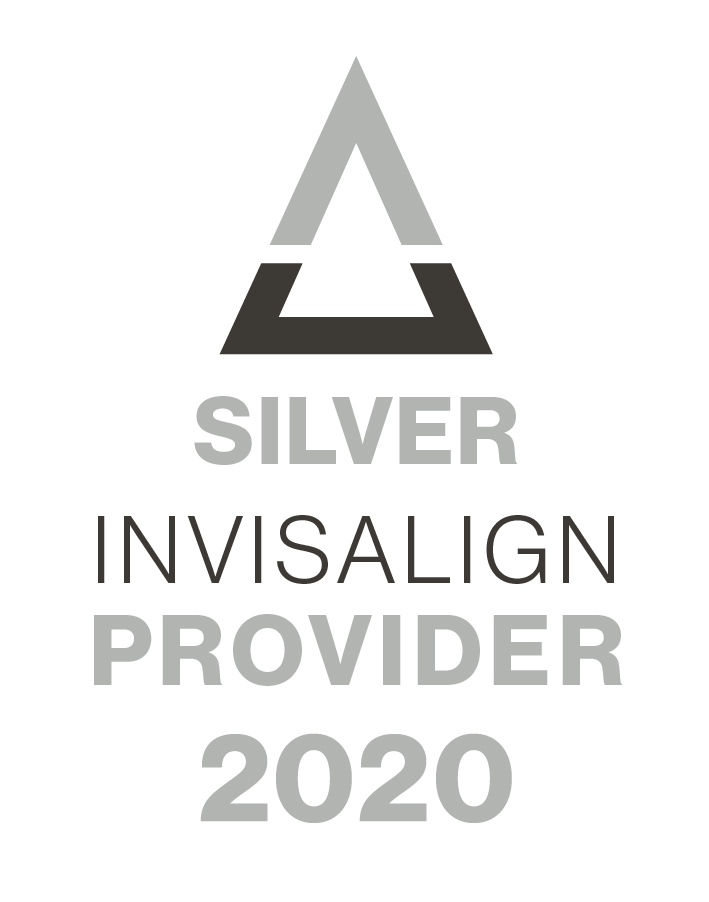Introduction: Dental crowns are an essential restorative option for teeth that are severely damaged, decayed, or weakened. At Smile Design Team, we specialize in crafting high-quality crowns that blend seamlessly with your natural teeth, providing both strength and aesthetic appeal.
What Are Dental Crowns? A dental crown is a custom-made cap that covers the entire visible portion of a tooth. Crowns are used to restore the shape, size, strength, and appearance of a damaged tooth. They are commonly made from materials such as porcelain, ceramic, metal alloys, or a combination of these.
When Are Dental Crowns Needed?
- To Protect a Weak Tooth: Crowns are often used to protect a tooth that has been weakened by decay or a large filling.
- To Restore a Broken or Worn Tooth: If a tooth is cracked or severely worn down, a crown can restore its structure and function.
- After a Root Canal: Teeth that have undergone a root canal are typically capped with a crown to prevent fractures.
- To Cover a Dental Implant: Crowns are placed on top of dental implants to replace missing teeth.
- For Cosmetic Purposes: Crowns can improve the appearance of misshapen or discolored teeth.
Types of Dental Crowns:
- Porcelain Crowns: These crowns are made entirely of porcelain and are popular for their natural look and ability to match the color of your existing teeth. They are often used for front teeth.
- Porcelain-Fused-to-Metal Crowns (PFM): These crowns combine the strength of metal with the aesthetic appeal of porcelain. They are durable and provide a natural appearance.
- All-Metal Crowns: Made from gold or other metal alloys, these crowns are extremely durable and are typically used for molars where strength is a priority.
- All-Ceramic Crowns: Similar to porcelain crowns, these are made entirely of ceramic and offer a natural appearance. They are a good choice for patients with metal allergies.
- Zirconia Crowns: Made from a strong ceramic material, zirconia crowns are known for their durability and natural appearance.
The Dental Crown Procedure:
- Initial Examination: Your dentist will examine the tooth and take X-rays to assess the need for a crown.
- Tooth Preparation: The tooth is shaped to accommodate the crown. This may involve removing a portion of the tooth structure to ensure a proper fit.
- Impression and Temporary Crown: An impression of your tooth is taken to create a custom crown. A temporary crown is placed to protect the tooth while the permanent crown is being made.
- Fitting the Permanent Crown: Once the permanent crown is ready, the temporary crown is removed, and the new crown is cemented in place. The dentist will make any necessary adjustments to ensure a comfortable fit.
Benefits of Dental Crowns:
- Restores Function: Crowns restore the tooth’s ability to chew and speak properly.
- Aesthetic Enhancement: Crowns can improve the appearance of damaged or discolored teeth.
- Durability: Crowns are strong and can last many years with proper care.
- Protection: Crowns protect weakened teeth from further damage or decay.
Caring for Your Crown:
- Maintain Oral Hygiene: Brush and floss regularly to keep the crowned tooth and surrounding gums healthy.
- Avoid Hard Foods: Chewing on hard objects can damage the crown.
- Regular Dental Checkups: Visit your dentist regularly to check the condition of your crown and overall oral health.
Frequently Asked Questions:
- How long do dental crowns last?
- With proper care, dental crowns can last 10-15 years or longer.
- Is the crown procedure painful?
- The procedure is typically done under local anesthesia, so you should not feel pain during the process. Some discomfort may be experienced after the procedure.
- Can a crown fall off?
- While rare, a crown can become loose or fall off due to decay or trauma. If this happens, contact your dentist immediately.
Conclusion: At Smile Design Team, we take pride in providing high-quality dental crowns that restore both function and beauty to your smile. Whether you need a crown for a damaged tooth or a cosmetic enhancement, our team is here to help. Schedule your consultation today to discuss your options.


